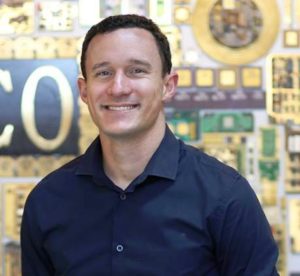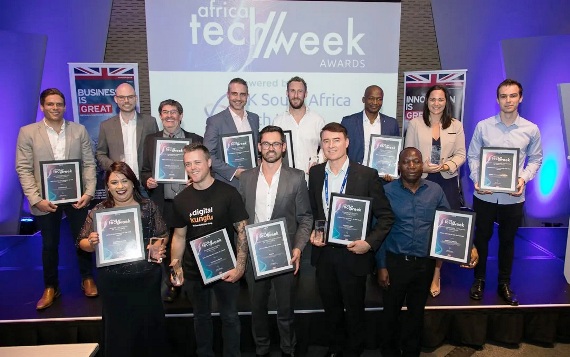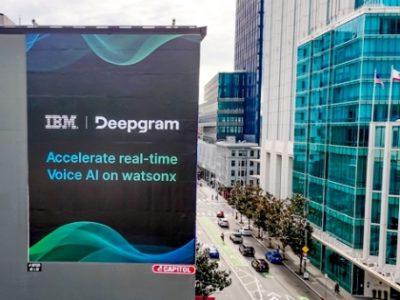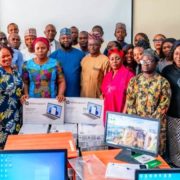A truly smart factory doesn’t just optimise inputs, it takes responsibility for its outputs, all the way to end of life. This was the key message from Desco Electronic Recyclers director Giulio Airaga as opening remarks on the ‘Smart Factory Innovations’ panel at Africa Tech Week summit that was held at the Century City Conference Centre recently.
RELATED: Turning recycling challenges into opportunities
Drawing on Desco’s leadership in e-waste management and circular economy solutions, Airaga outlined how manufacturers can transform end-of-life electronics into renewed value streams by embedding the 6Rs – Reduce, Redesign, Reuse, Recover, Remanufacture, and Recycle – across every phase of a product’s lifecycle.

Giulio Airaga
He detailed how integrating the 6Rs throughout a product’s lifecycle empowers manufacturers to unlock value, cut costs, and drive sustainability. “For OEMs, it’s not just the 3 Rs consumers know, it’s the 6 Rs.”
6Rs in every stage of a product’s life
By embedding the 6Rs into every stage of a product’s life, manufacturers can turn e-waste into profitable resources, cut costs, and boost sustainability:
- Reduce: adopt more energy-efficient designs
- Redesign: build for longevity, not three-year obsolescence
- Reuse: give batteries and servers a second life – EV battery packs can power solar installations
- Recover: harvest CPUs and components for reuse
- Remanufacture: refurbish to extend lifespan
- Recycle: break down materials to commodity level and feed them back into production
Turning waste into profit
Airaga then underscored why a higher upfront investment pays dividends over time: “The question of the century is investing in something that may or may not work. But when you consider total lifecycle cost – not just capital expense – smart systems and quality goods end up delivering far greater value. If you include circularity costs early, you’ll see positive returns later, whether through second-life usage or end-of-life recovery.”
On turning waste into profit, he offered a practical blueprint: “A smart factory is essentially a massive data-capturing system. Use that data to predict device lifecycles: when a server hits 90 percent of its useful life, trigger a job card to your ITAD team for internal reuse or refurbishment before recycling. Waste is cash leakage—partner with recyclers to turn it into value.”
Addressing the human element, Airaga reminded the audience that AI will only replace people who don’t know how to use it. He stressed that it’s the organisation’s responsibility to upskill everyone. “AI won’t replace those who know how to use it. Training transforms fear into capability, manufacturers must invest in training across all levels because workforce readiness is critical for maintaining and optimising smart factory infrastructure.”
Africa’s unique challenges
Finally, he tackled Africa’s unique challenges: “Cost remains a barrier, but explore modular approaches. Unstable grids risk hardware damage through power surges – and legislation like Extended Producer Responsibility will force OEMs to own their end-of-life products. Public–private partnerships and green financing can accelerate adoption of resilient, circular smart factories on the continent.”
Desco’s intervention at Africa Tech Week reaffirms its mission to partner with manufacturers, at both design and decommissioning stages. to transform electronic obsolescence into resource recovery opportunities, local job creation, and measurable environmental impact.

































